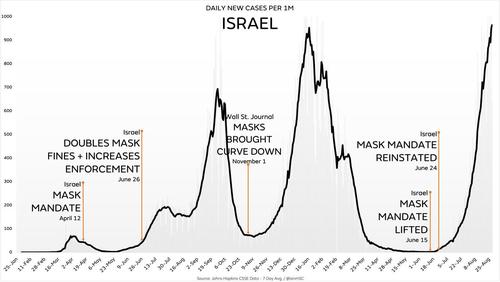Rumours of back-and-forth between Baxter and Hillrom have surfaced periodically over the past month or so, and today Hillrom finally acquiesced to a $156-per-share cash offer. The deal, 2021’s largest medtech merger so far, values Hillrom at $10.5bn, giving it a total enterprise value of $12.4bn including debt. According to Evaluate Medtech, the combination of the two businesses will push Baxter into the top ten biggest medtechs by forecast 2026 sales. The transaction will also diversify the group’s offering. Baxter is currently mainly focused on dialysis technology, whereas Hillrom itself diversified from its hospital equipment origins into point-of-care diagnostics and patient monitoring with its $2bn purchase of Welch Allyn six years ago. (Of its more recent deal for Bardy Diagnostics, the less said the better). Of particular interest, though, is Hillrom’s presence in digital health. Speaking on a conference call, Baxter’s chief executive officer, José Almeida, said that with the usage of digital health technologies having been accelerated by Covid-19, these approaches had become “a really big focus” for the group. Shareholders are on board with the move, judging by the 4% rise in Baxter’s stock so far today.
| Top 10 medtechs by forecast 2026 sales | |||||
|---|---|---|---|---|---|
| WW sales ($bn) | Market share | ||||
| Company | 2020 | 2026e | CAGR | 2020 | 2026e |
| Medtronic | 30.1 | 41.9 | +6% | 6.6% | 6.0% |
| Abbott Laboratories | 22.5 | 34.3 | +7% | 4.9% | 4.9% |
| Johnson & Johnson | 23.0 | 32.9 | +6% | 5.0% | 4.7% |
| Siemens Healthineers | 16.5 | 28.1 | +9% | 3.6% | 4.0% |
| Stryker | 14.3 | 23.8 | +9% | 3.1% | 3.4% |
| Becton Dickinson | 16.0 | 22.1 | +6% | 3.5% | 3.2% |
| Philips | 16.1 | 21.2 | +5% | 3.5% | 3.0% |
| Roche | 14.7 | 18.4 | +4% | 3.2% | 2.7% |
| Boston Scientific | 9.7 | 16.5 | +9% | 2.1% | 2.4% |
| Baxter + Hillrom | 11.0 | 14.3 | +4% | 2.5% | 2.1% |
| Source: Evaluate Medtech. https://www.evaluate.com/vantage/articles/news/snippets/baxter-hits-big-time | |||||
